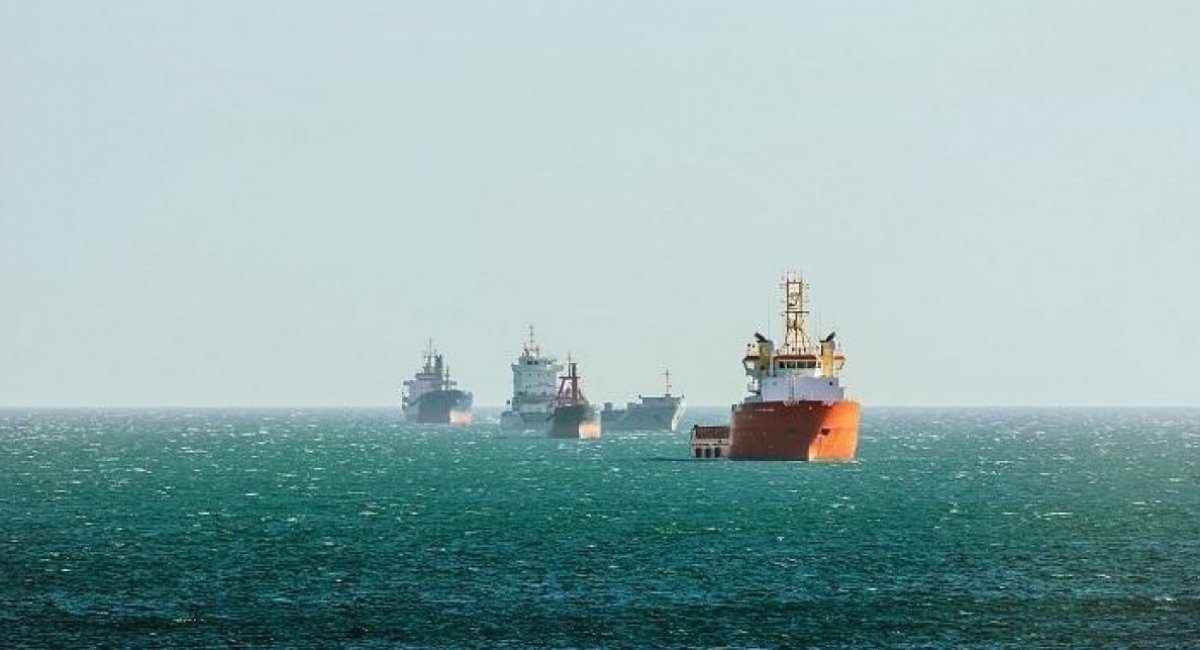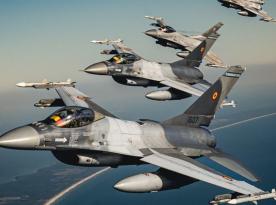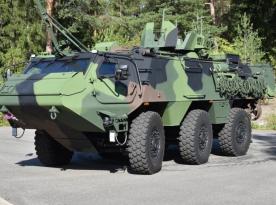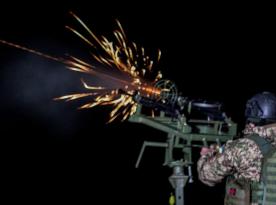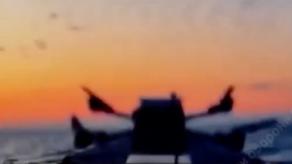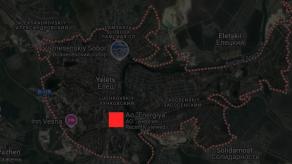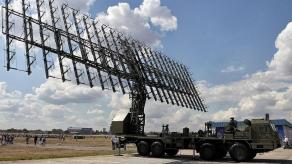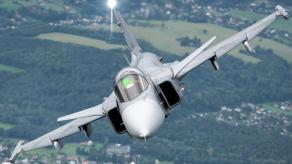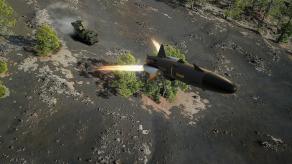Sanctions likely continue to disrupt key inputs for russia’s defense industry. Russia’s isolation limits the number of countries it can directly trade with, highly likely increasing the time and cost to acquire items it could once purchase freely. Research from the Bank of Finland Institute for Emerging Economies suggests third party countries are charging price premiums of over 60 per cent for exports of certain sanctioned goods to russia, the UK Defense Intelligence reports.
While russia has increased production of key munitions most heavily used in Ukraine, such as artillery shells, the impact of sanctions is highly likely greatest on russia’s more advanced and complex weapon systems. These systems in production and development almost certainly have an increased reliance on foreign components and technology.
Read more: The UK Defense Intelligence Reports Limited russian Progress Elsewhere on the Frontline
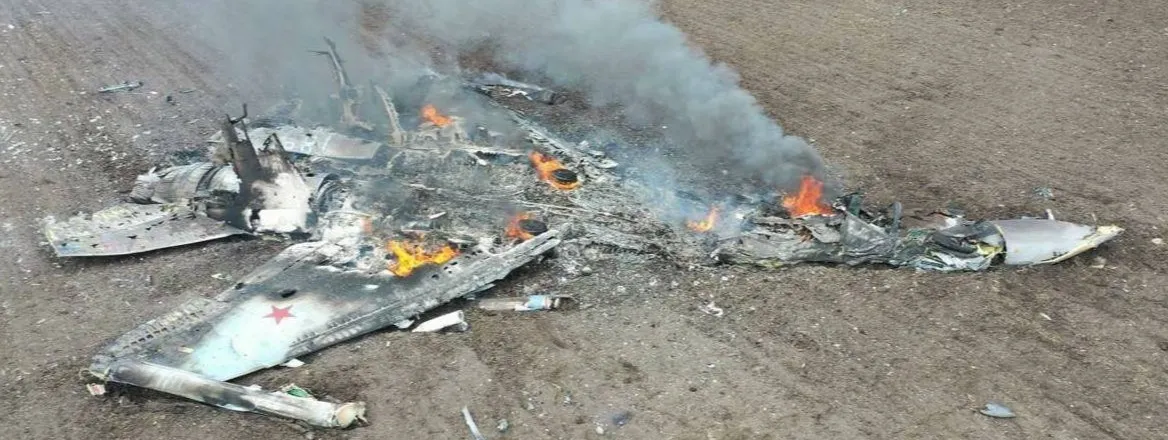
Sanctions likely continue to disrupt both supply and demand for russian arms exports, as well as significantly complicating payment mechanisms to russia. This has almost certainly contributed to a significant decline in russia’s arms exports and increased delivery delays, including to some of its most important remaining arms customers. According to the Stockholm International Peace Research Institute, russia’s share of the global arms trade has fallen to 11 per cent in the period 2019 to 2023, compared to 21 per cent in the period 2014 to 2018.
Read more: The UK Defense Intelligence Reveals Why russia Bolsters Defenses at Novorossiysk Base




